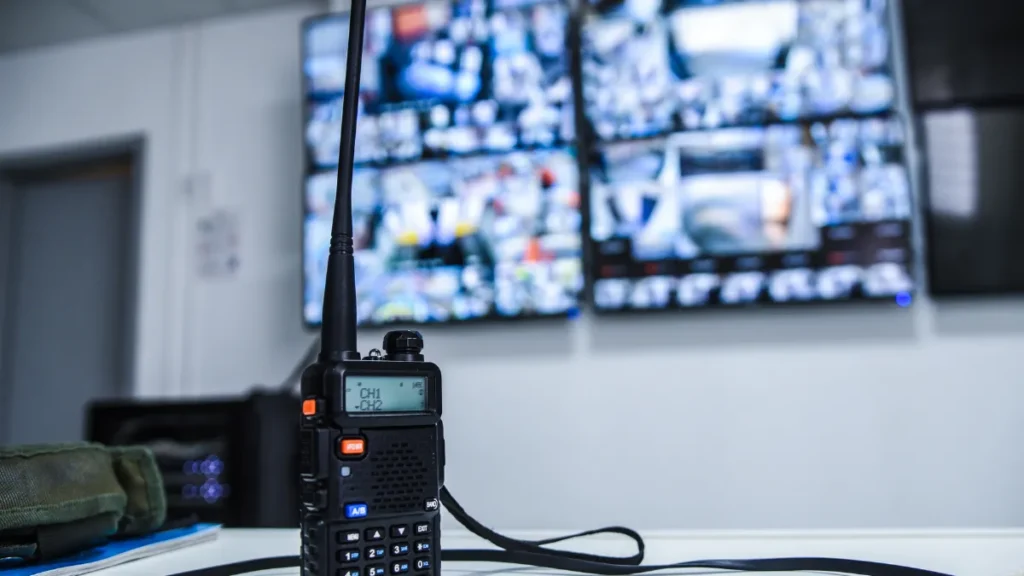When you visit a business, attend an event, or step foot on someone else’s property, you expect a reasonable degree of safety. Unfortunately, negligent security can lead to traumatic events such as assaults, robberies, or worse. If you or a loved one has been harmed due to insufficient security measures, Bigger Law is here to help. Our dedicated negligent security lawyers are committed to holding property owners accountable and securing justice for our clients. Call us now at 813-609-2992.
Negligent security occurs when a property owner fails to implement adequate safety measures, putting visitors at risk of harm. These safety measures may include hiring security personnel, installing proper lighting, maintaining surveillance systems, or addressing known security threats.
Victims of negligent security may suffer physical injuries, emotional trauma, and financial losses. By pursuing a claim with a qualified negligent security lawyer, you can seek compensation for medical bills, lost wages, pain, suffering, and more.
Negligent security can occur in various settings, often with devastating consequences. Below are some common examples:
Each case of negligent security is unique, but all share a common thread: preventable harm due to someone else’s failure to act responsibly.

Pursuing a negligent security claim requires expertise in personal injury law and an understanding of premises liability. A skilled negligent security lawyer from Bigger Law will:
Investigate Your Case
We gather evidence, review surveillance footage, interview witnesses, and consult with experts to build a strong case.
Identify Liable Parties
Property owners, management companies, or third-party contractors may share responsibility for negligent security measures.
Prove Negligence
To succeed in your claim, we must demonstrate that the property owner breached their duty of care, resulting in your injuries.
Negotiate a Fair Settlement
Insurance companies often undervalue claims. We fight for maximum compensation to cover your losses.
Litigate if Necessary
If a fair settlement cannot be reached, we are fully prepared to take your case to court and advocate for your rights.
To win a negligent security case, your lawyer must establish the following elements:
Property owners have a legal obligation to ensure the safety of visitors. This duty includes addressing foreseeable risks, such as prior criminal activity in the area.
When property owners fail to take reasonable steps to ensure safety, they breach their duty. Examples include ignoring broken locks, neglecting to hire security guards, or failing to maintain adequate lighting.
Your lawyer must prove that the breach of duty directly caused your injuries. This requires a clear connection between the property owner’s negligence and the harm you suffered.
Victims must demonstrate measurable losses, such as medical expenses, lost wages, pain and suffering, or emotional distress, to secure compensation.

At Bigger Law, we bring decades of experience to every case we handle. Our team of negligent security lawyers has successfully represented victims in complex premises liability claims. Here’s what sets us apart:
If you’ve been a victim of negligent security, taking the right steps can protect your rights and strengthen your claim:
As a victim of negligent security, it’s essential to understand the rights and legal protections available to you. Property owners and managers have a duty to provide reasonably safe environments for their guests, tenants, and customers. If they fail to meet this obligation and you suffer harm as a result, you have the right to seek justice and compensation. Here’s what you need to know:
Victims often feel guilt or shame following a violent incident, but it’s important to recognize that the responsibility lies with the perpetrator and, in some cases, the property owner. A negligent security lawyer can help prove that inadequate safety measures contributed to the crime.
Victims of negligent security can recover compensation for various damages, including:
By pursuing a claim, you not only seek compensation but also hold property owners accountable. This can lead to improved safety measures that protect others from similar harm.
Navigating the legal process can be overwhelming, especially while recovering from a traumatic incident. An experienced negligent security lawyer will advocate for your rights, handle complex legal procedures, and fight for the compensation you deserve.
If you or someone you love has been affected by negligent security, taking action can help you rebuild your life while ensuring justice is served. Contact Bigger Law today to begin your journey toward accountability and recovery.
In most states, the statute of limitations for negligent security claims is typically two years. However, it’s crucial to act quickly to preserve evidence and protect your rights.
Victims may be entitled to compensation for medical expenses, lost income, pain and suffering, and more. In some cases, punitive damages may also be awarded.
At Bigger Law, we operate on a contingency fee basis. You owe us nothing unless we win your case.

If you or a loved one has suffered due to negligent security, don’t wait. Contact Bigger Law to schedule a free case evaluation. Our team is ready to fight for the justice and compensation you deserve.
Complete the free case evaluation form or call us now at 813-609-2992. Let us help you reclaim your future.
Sources:
National Crime Victimization Survey (NCVS)
This annual report provides detailed statistics on crime in the United States, including incidents related to property crime and personal crime that could involve negligent security.
Link: Bureau of Justice Statistics – NCVS
Crime Data Explorer (CDE)
This resource by the FBI offers comprehensive crime data, including trends in violent crimes often associated with negligent security incidents.
Link: FBI Crime Data Explorer
Centers for Disease Control and Prevention (CDC) – Violence Prevention
The CDC provides data and resources on violence prevention, including factors contributing to violent injuries that may stem from inadequate security measures.
Link: CDC – Violence Prevention